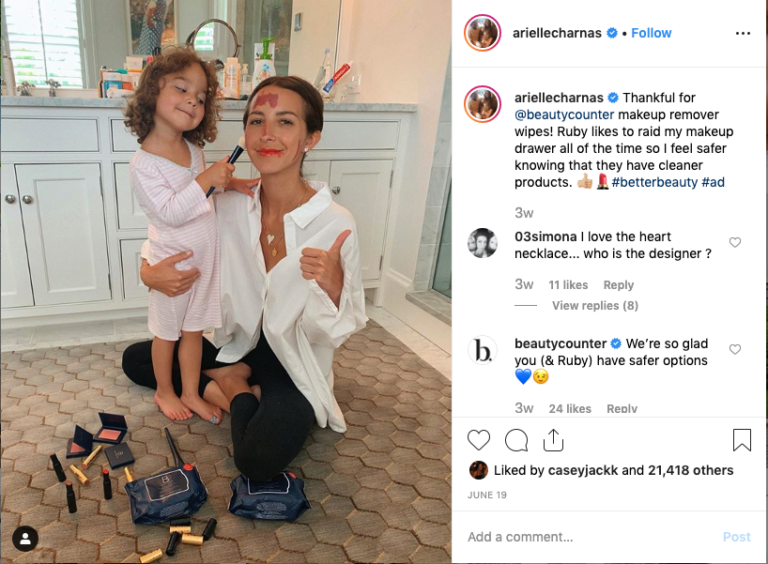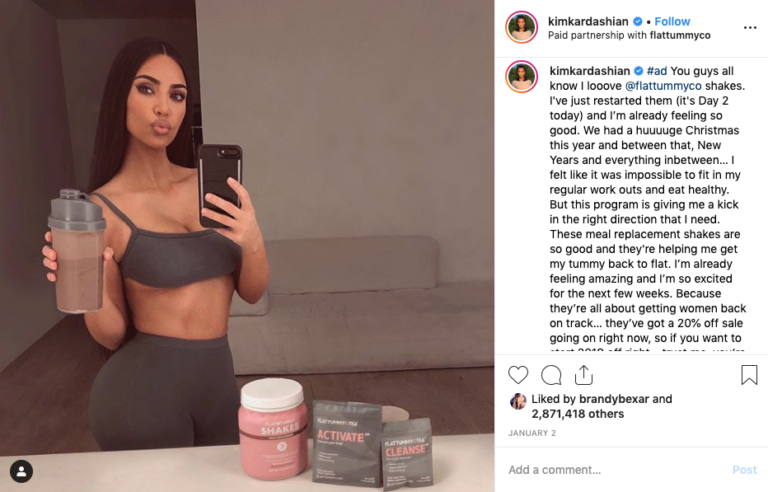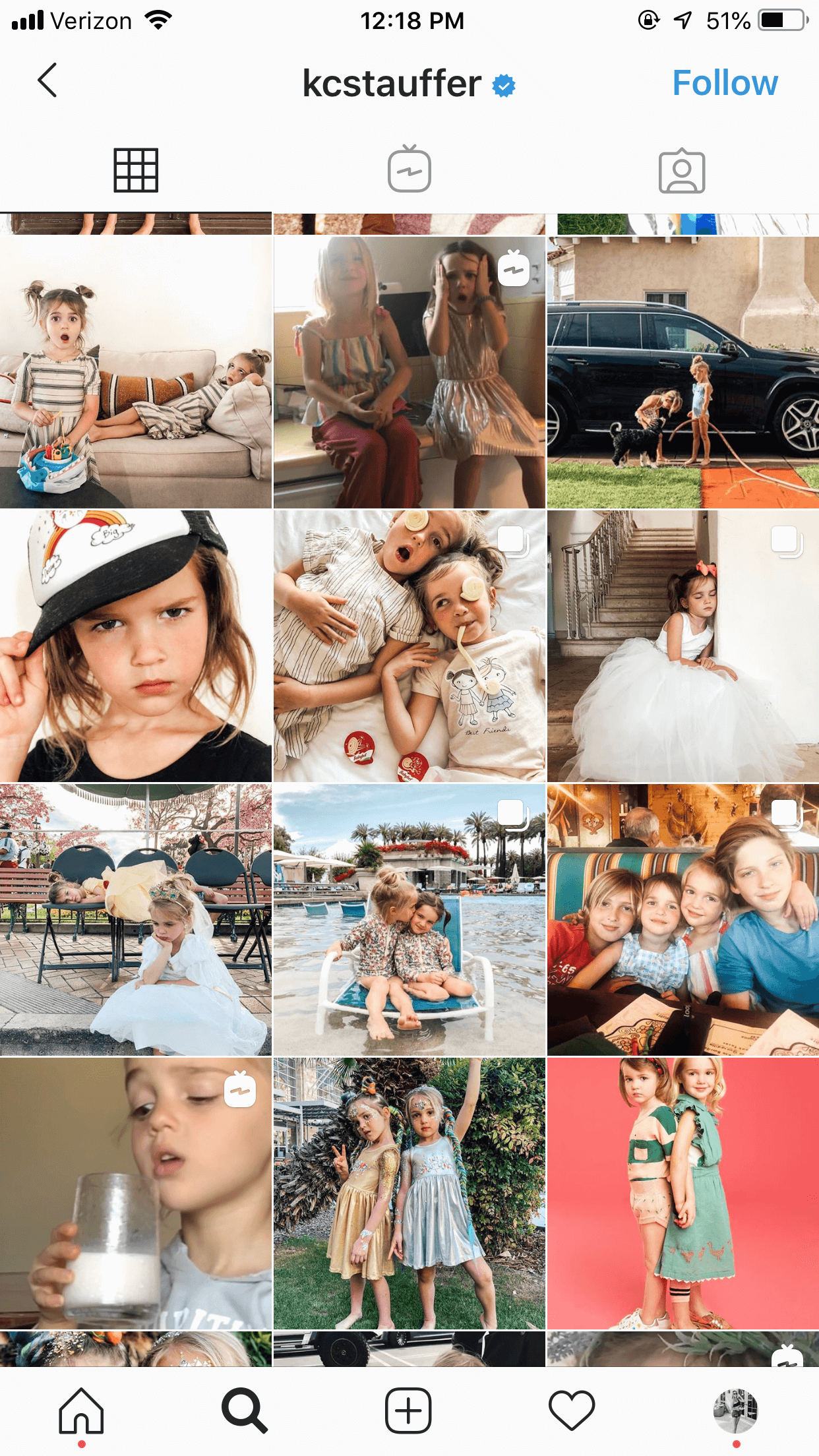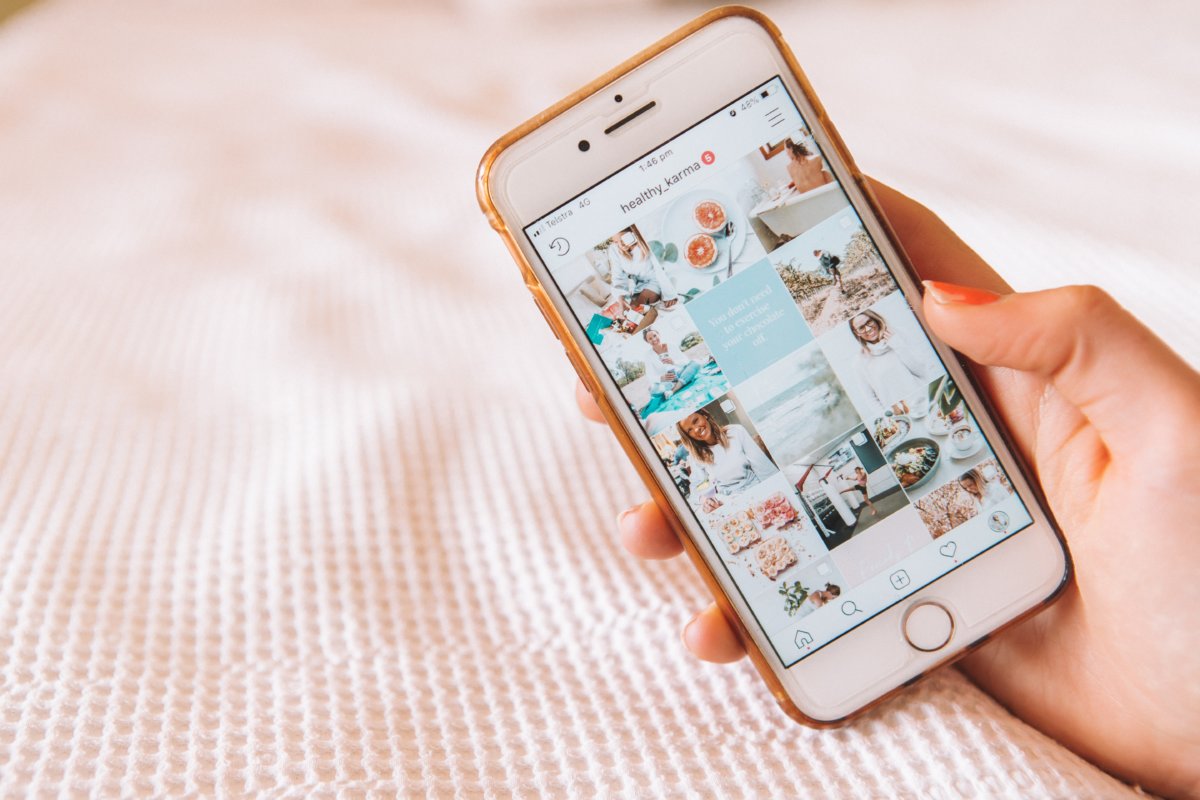What Kind of Influence do Influencers Actually Have?
Today, you hear the term influencer and instantly think of the career, but a decade ago this was not the case. The influencer career choice has become so popular and lucrative in such a short period of time that it has shocked society. Nowadays, when you ask children ‘what they want to be when they grow up’, their answers mainly consist of; doctor, teacher, actor, astronaut, singer and yes, influencer.
Quickly summed up, an influencer is an individual who has a large + devoted following on one or more social media platforms. Their followers often look up to them as role models for advice, guidance, and lifestyle choices. There is this trust that exists between an influencer and their followers that is unlike other mainstream relationships.

Influencers have changed the way we use social media and the way brands market their products indefinitely. This new age of social media has created a new channel through which information is being relayed, and at the quickest pace yet.
Over the years, we have seen “the influencer” develop. It all really started with Paris Hilton posting selfies on instagram, but now ‘influencers’ are using their platforms to spread awareness and start social movements, promote brands and products through influencer marketing and so much more. A study found that 92% of consumers trust an influencer more than an advertisement or traditional celebrity endorsement. Companies are tossing their traditional marketing tools aside and instead, using their resources to develop partnerships with influencers who reflect their brand image.
The influencer movement, and the effect it has had on consumer buying patterns, has completely changed the way society acts. Personally, I believe this is because it can be a very trustworthy channel, one in which we see many promotional interactions taking place. In an influencer’s sphere of influence, they have the ability to help strengthen the battered relationship between consumers and brands, because they have gained their followers trust.
This trust that exists between the consumer, influencer, and brand was put to the test at one point. Consumers started to pick up on the fact that companies were paying influencers large sums of money to promote their products/brands and even were telling the influencers exactly what to post (i.e. the Scott Disick debacle). Followers quickly started to recognize when a post happened organically and whether the influencer ACTUALLY believed and supported the brand, and when it wasn’t organic. . . they were not happy. That’s why the American FTC standards mandated any advertising through an influencer be transparent to their audience through a written disclosure (i.e. #ad) or a verbal disclosure (i.e. “thank you to [brand] for sponsoring this video).
As followers and consumers became more aware of the influencer marketing industry, they also became more critical of the type of products influencers would promote. Now, it is important for brands to pick influencers that reflect their values and their target audience, AND for influencers to pick brands that they believe in and ones that their followers would be interested in. (A study found that followers trust influencers more when they share the same values). I can not stress how important it is to have purposeful, meaningful, and truthful partnerships between influencers and brands in this expanding industry. Think about this. . . in the US alone the influencer economy is valued at $10 billion and is roughly $116 billion in China! AND IT’S ONLY GOING TO GET BIGGER!

Influencers Many Roles
An Influencer is a powerful position to be in in this day and age, given the heavy dependency this generation has on social media for their news, shopping, entertainment, and much more. Influencers aren’t only known for promoting brands and selling products, but also for creating organizations, bringing awareness, and starting social movements. Influencers often use their largely followed platforms for good and to better society as a whole. The power of influencers is their ability to spread news, messages, and pictures in the fastest possible way. Banded together they would have the ability to influence the entire world as a whole. They often act as a support system, an outlet, and even a friend for their followers. These men and women look up to influencers, trusting them, and calling them out publicly when they feel it’s necessary.
There are many different types of influencers, as well as, methods in which they influence.
The different types of influencers are:
- Bloggers and Vloggers
Such as Neil Patel, David Dobrik, Tyler Oakley
- Social Media Sensations
- Reality TV Stars
Sooo many Bachelor and Bachelorette contestants
- Micro-Influencers
Usually have 5,000 – 100,000 followers but have high engagement
- Nano-Influencers
Small following, but high engagement –> good for small businesses
- Activists
Can be actors, politicians, models, writers, etc.
- Journalists
(i.e.) Joe Yonan
- Photographers
Becoming a #NikonAmbassador
- Thought Leaders
Of course: Elon Musk
- Mainstream Celebrities
The entire Kardashian/Jenner crew, as well as, almost every other celebrity

Overall, influencers have been given a lot of criticism for what they do and how they do it. What we don’t realize is that their existence is almost always more positive than negative. As long as they promote things they truly support and believe in, then influencers are an easy and effective way to keep the public informed in the 21st century.

